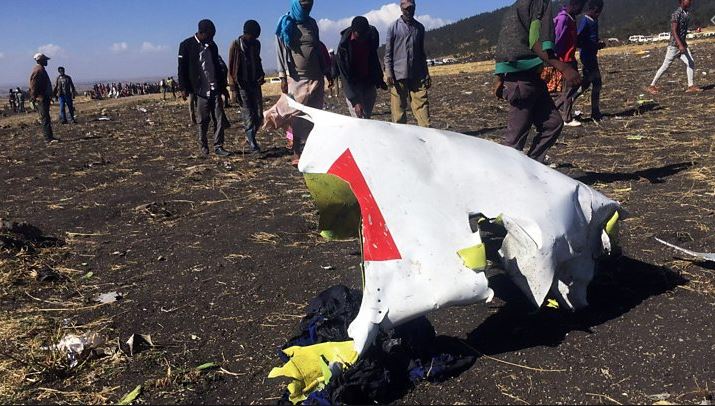×
The Standard e-Paper
Fearless, Trusted News

As 157 people aboard an Ethiopian Airlines passenger plane were preparing for a two-hour flight to Nairobi on March 10, 2019, a disaster was brewing.
Friends, relatives and families of the 157 will remember the tragedy that befell the world on that fateful Sunday.